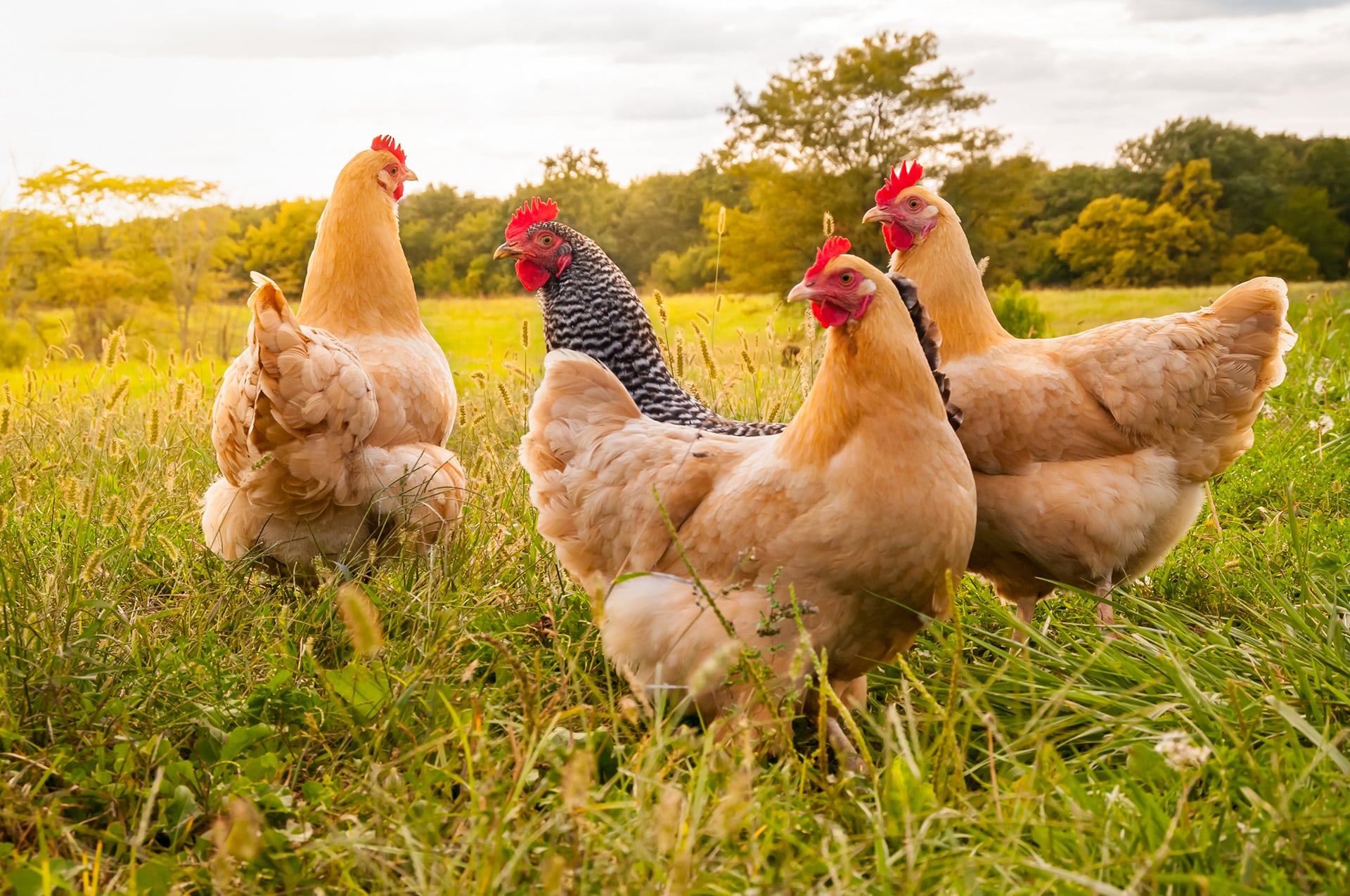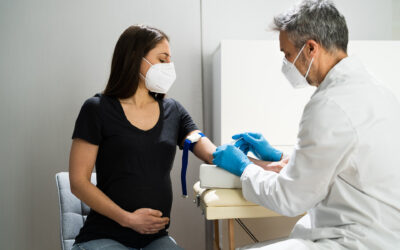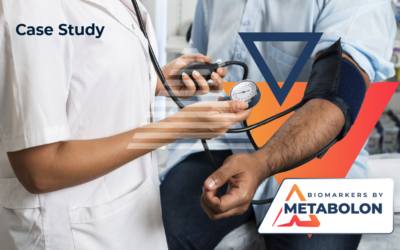Virus Vaccine Optimization with Metabolomics
Metabolomics helped optimize the formulation of a cell culture medium utilized to maintain DF-1 cells during IBDV bioprocess.
This study used metabolomics to develop an optimized cell culture medium suitable for IBDV propagation. Therefore, this team of scientists provides a strategy for the efficient production of IBDV vaccines and could potentially be utilized to improve the production of other viral vaccines. In this context, metabolomics provides informative insights into the prevention and treatment of IBDV.

The Challenge: Optimizing the Bioprocess of IBDV Vaccines
Infectious bursal disease (IBD), caused by the IBD virus (IBDV), is a highly contagious viral disease that strikes young chickens.1 It is characterized by immunosuppression, susceptibility to other infections, and mortality, exerting a substantial economic impact on the global poultry industry. Vaccination is the primary approach to prevent and treat IBDV. The chicken embryonic fibroblast cell line DF-1 is widely used to produce several avian virus vaccines. Thus, optimizing the bioprocess of IBDV by DF-1 cells has a significant application value.
Metabolon Insight: Comprehensive Understanding of the Metabolome
In the present study, Metabolon helped identify metabolomic changes associated with IBDV infection. The goal was to use these findings to optimize the formulation of a cell culture medium utilized to maintain DF-1 cells during IBDV bioprocess, leading to efficient production of the IBDV vaccine. The Global Discovery Panel was used to analyze DF-1 cells and DF-1 cells infected with IBDV.
The Solution: Better Cell Culture Media for the IBD Virus Bioprocess
The research group infected DF-1 cells with IBDV and found that infection hampered cell growth. Next, the researchers analyzed DF-1 cells infected with IBDV and control DF-1 cells via metabolomics. Analysis demonstrated that IBDV infection of DF-1 cells results in profound perturbation of their metabolome, affecting multiple metabolic pathways. They show that IBDV infection enhanced glycolysis, the pentose phosphate pathway, the nucleoside synthesis pathway, lipid metabolism, and glutathione metabolism and downregulated the TCA cycle in DF-1 cells.
Metabolomics also demonstrated that the levels of amino acids cysteine (Cys), methionine (Met), and lysine (Lys), as well as nucleosides, were generally higher in DF-1 cells infected with IBDV. Therefore, the researchers adjusted the concentrations of these compounds to generate a cell culture medium that optimized the IBDV bioprocess by DF-1 cells. The IBDV titer increased by 20.7 times after adjusting the concentrations of Cys, Met, Lys, and nucleosides.
The Outcome: Providing Critical Insight to Optimize the Bioprocess of IBDV Vaccines
This study used metabolomics to develop an optimized cell culture medium suitable for IBDV propagation. The work demonstrates a strategy for the efficient production of IBDV vaccines and could potentially be utilized to improve the production of other viral vaccines. In this context, metabolomics provides informative insights into the prevention and treatment of IBDV.
Metabolomics insights obtained using Metabolon’s Global Discovery Panel can help optimize processes for your vaccine development study.
Ready to see what new insights metabolomics can help your research reveal? Contact us today to learn more.
References
1. Lin J, Yi X, Zhuang Y. Coupling metabolomics analysis and DOE optimization strategy towards enhanced IBDV production by chicken embryo fibroblast DF-1 cells. J Biotechnol. Jan 10 2020;307:114-124. doi:10.1016/j.jbiotec.2019.10.018




